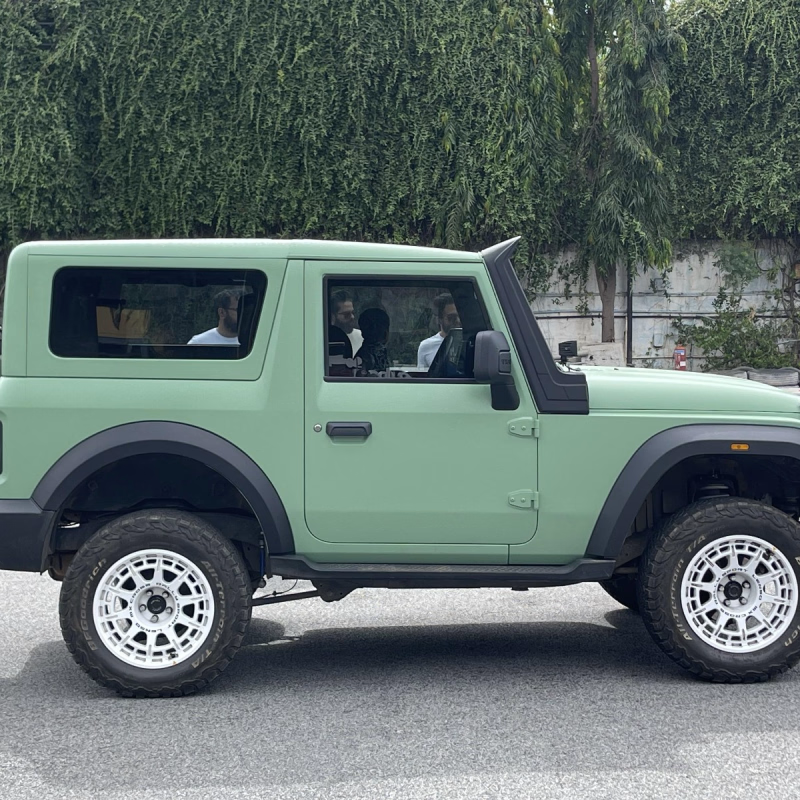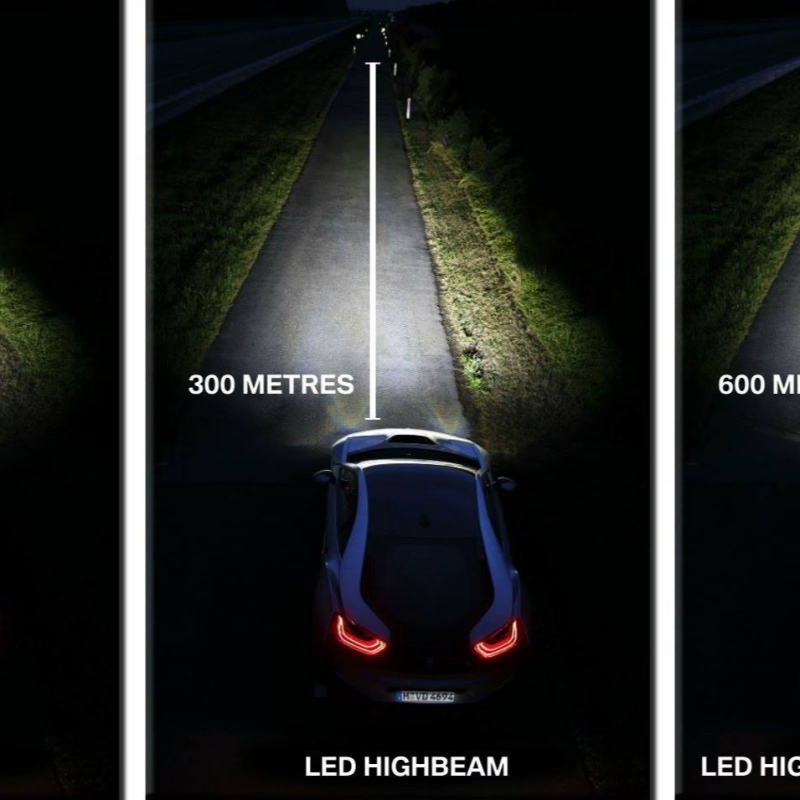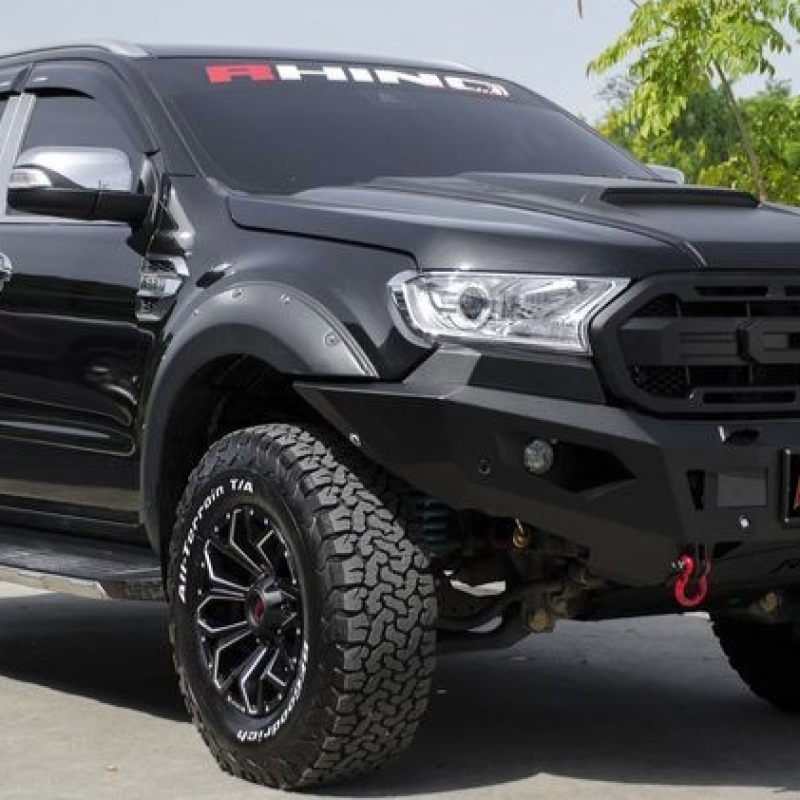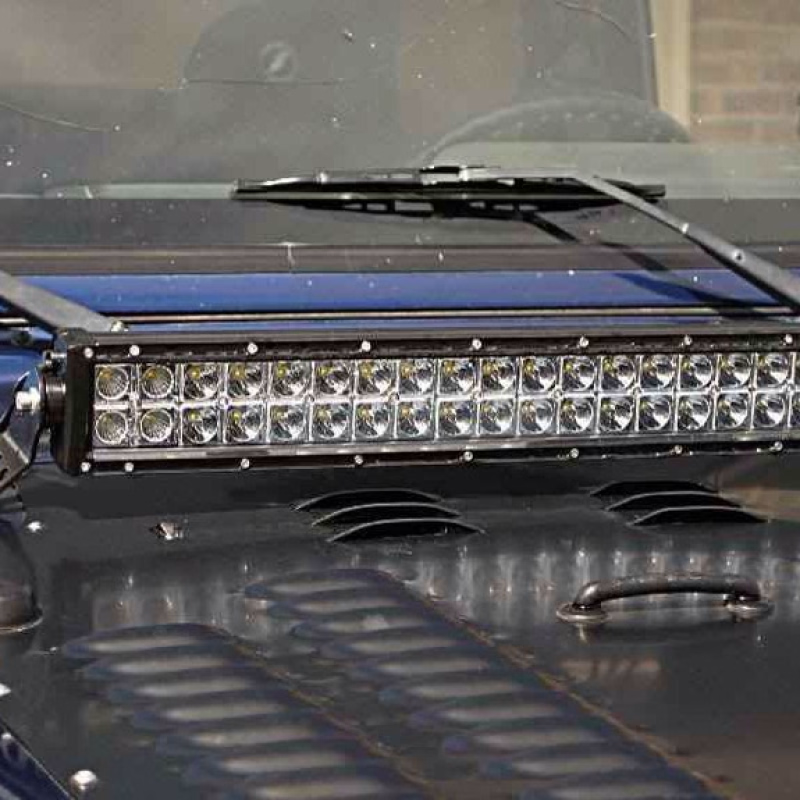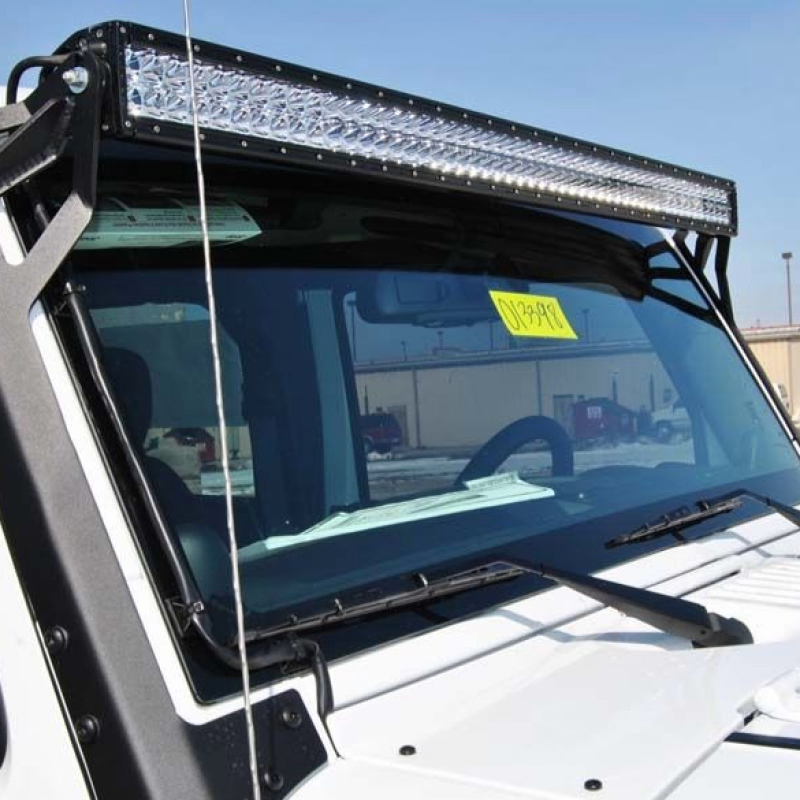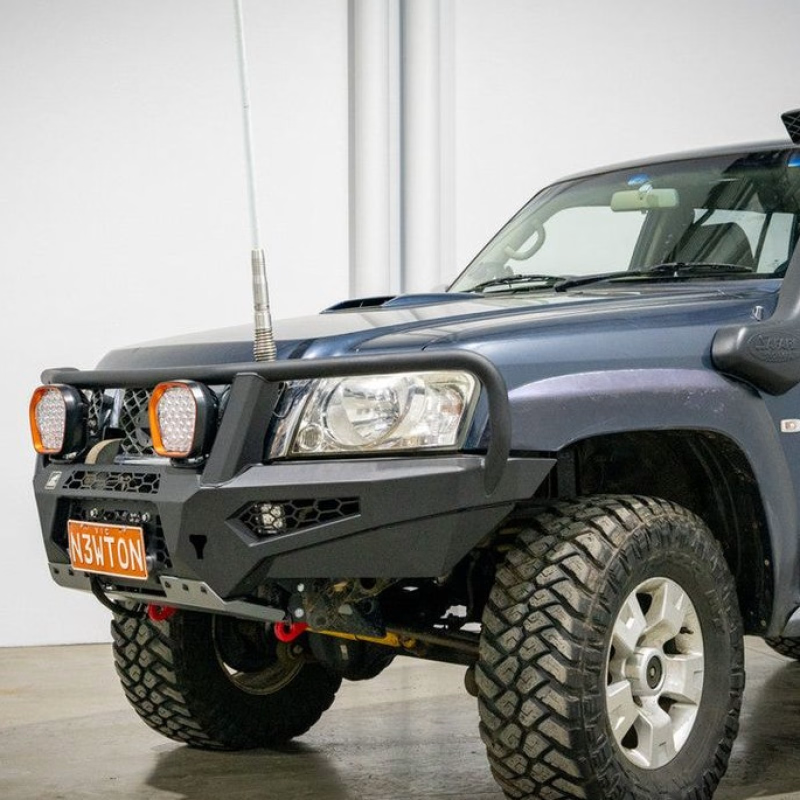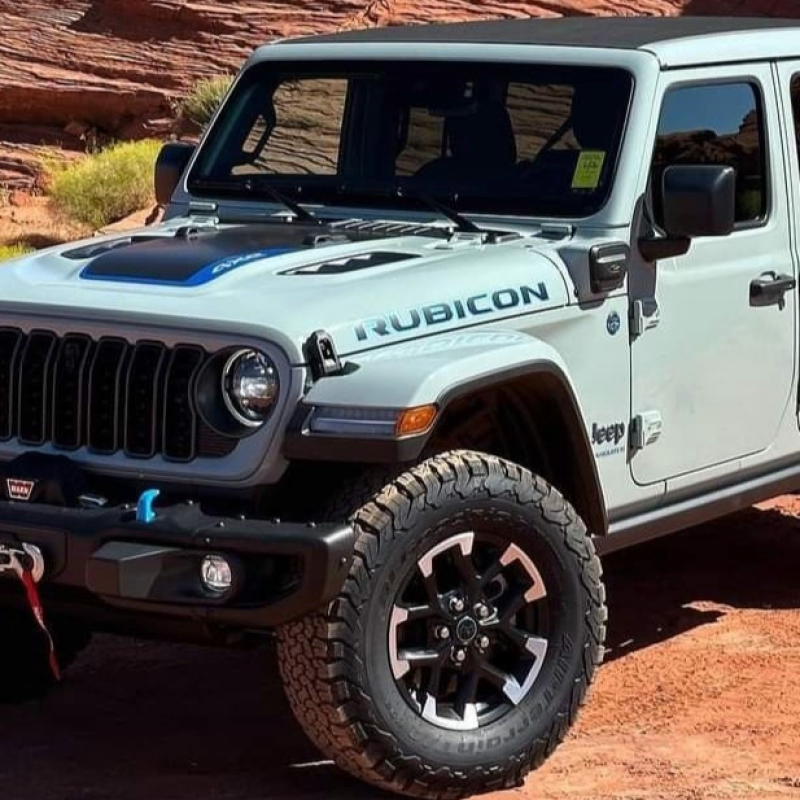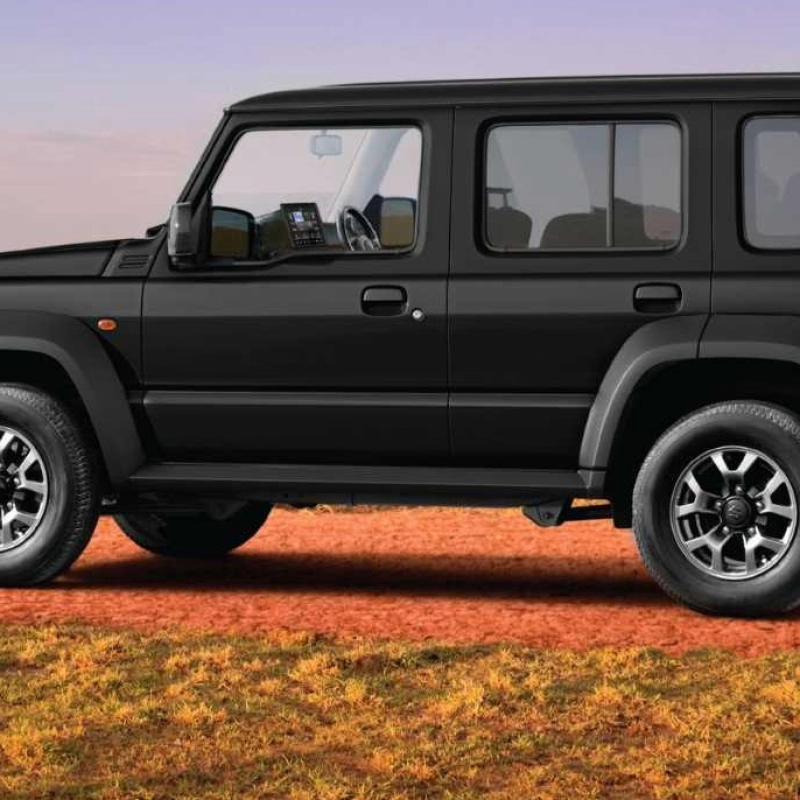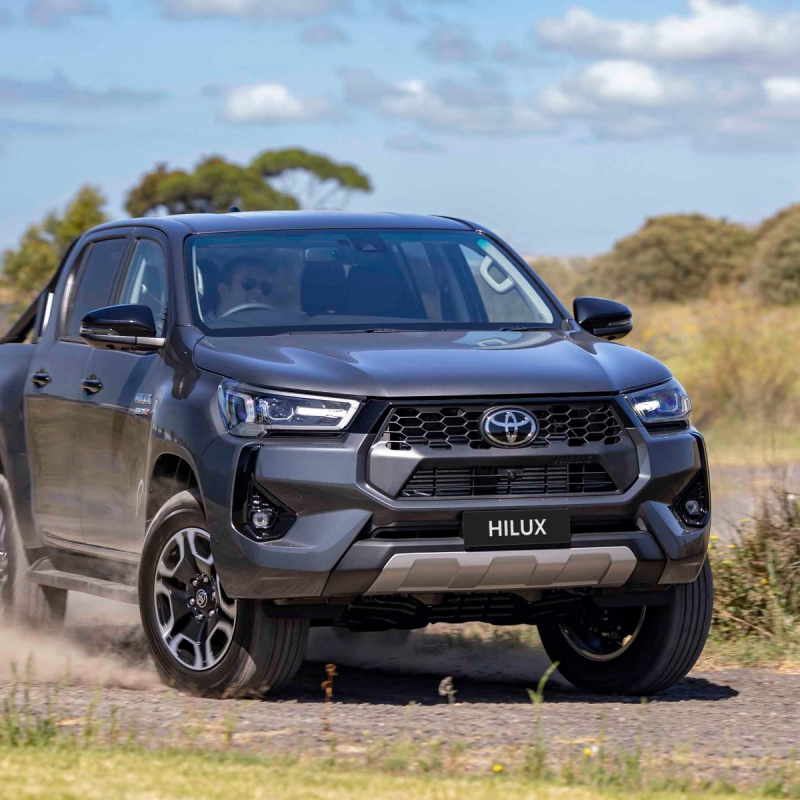Top 10 Legal Things to Know Before Modifying Your SUV in India
Published by TorqueBear Admin on Jul 09, 2025
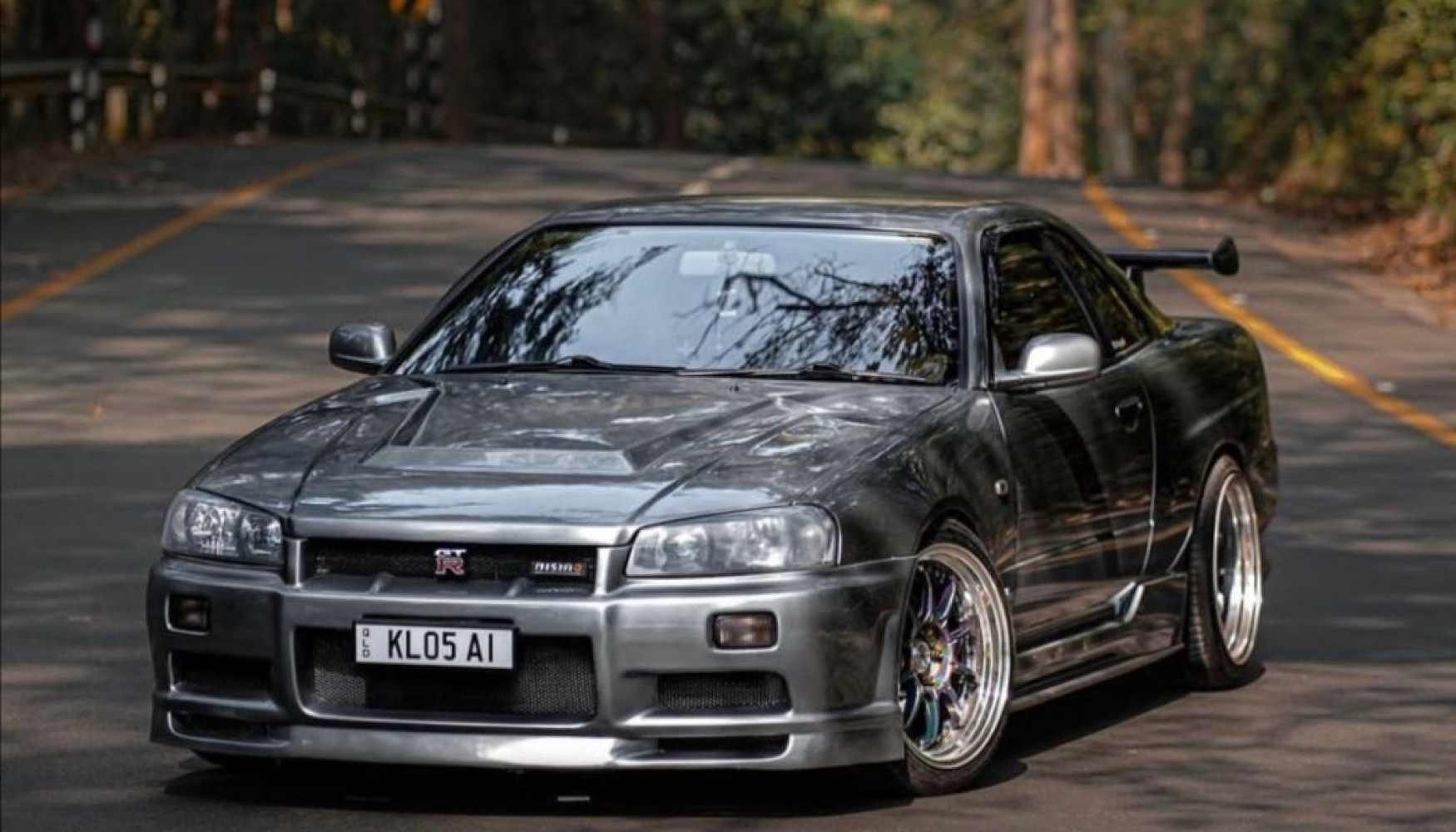
Modifying SUVs like the Mahindra Thar, Maruti Jimny, or Toyota Hilux is a growing trend in India. From off-road bumpers to roof-mounted light bars and alloy wheels, customization is booming. But before you upgrade your beast, it’s critical to know what’s legal and what can get your SUV impounded or fined by the RTO.
Here's a list of 10 legal things every SUV owner must know before modifying their vehicle in India:
1. Structural Modifications Are Largely Illegal
As per Section 52 of the Motor Vehicles Act, structural changes like altering chassis length, body shape, or roof chopping are not allowed without approval from the RTO. That cool convertible mod? Probably illegal unless factory-sanctioned.
2. Engine Swaps Require RTO Approval
Swapping your SUV’s stock engine with a higher-performance one might sound exciting, but it needs approval from the RTO and updated insurance and RC details. The engine number must match what’s recorded on your registration certificate.
3. Loud Exhausts & Air Horns Can Get You Fined
Installing aftermarket exhausts that go above the permissible decibel levels or using pressure horns is banned under the Central Motor Vehicles Rules. Fines can range from ₹1,000 to ₹10,000 depending on the state.
4. Headlight & Taillight Customization Has Rules
You can upgrade your headlights to brighter LEDs or projectors, but they must stay within BIS (Bureau of Indian Standards) regulations and not dazzle oncoming traffic. Colored or flashing lights (especially red/blue) are strictly reserved for emergency vehicles.
5. Off-Road Bumpers and Bull Bars Are Banned
Bull bars or crash guards—no matter how rugged they look—are banned by the Ministry of Road Transport and Highways (MoRTH) as they can interfere with airbags and pedestrian safety. Most traffic cops are cracking down on this hard.
6. Alloy Wheels and Tyre Upsizing Are Permitted (Within Limits)
You can install aftermarket alloys and slightly upsize tyres, but it must not alter the SUV's ride height excessively or rub against the body. Changes beyond 2–3% of OEM tyre specs can be flagged during vehicle inspection.
7. Vehicle Wraps and Repainting Need RTO Notification
If you want to wrap your SUV in matte black or camo graphics, it's legal—but only if you inform the RTO and get it recorded in the RC. Changing vehicle color without notifying the authorities is a punishable offense.
8. Suspension Lift Kits Are a Grey Area
Suspension lifts are not outright illegal, but anything that raises your SUV's height significantly can attract attention during fitness checks. State-wise enforcement varies, but it's best to stay within safe margins (2–3 inches max).
9. In-Cabin Modifications Are Largely Permitted
Installing a roof console, better infotainment system, or custom seat covers is okay, as long as they don't interfere with driver visibility, airbags, or safety belts. However, commercial vehicles have stricter compliance rules.
10. Always Update Your Insurance Post-Modification
Any performance or visual upgrade must be reported to your insurer. Undeclared mods may lead to claim rejection in case of accidents. Mention modifications like alloy wheels, lights, or bull bars while renewing your policy.
✅ Bonus Tip: State RTO Rules May Vary
While these are central rules, states like Kerala, Maharashtra, Delhi NCR, and Karnataka often have stricter enforcement and random inspection drives. Always check with your local RTO office before making significant changes.
Final Thoughts
Modifying your SUV can make it stand out on Indian roads, especially in cities like Delhi, Bangalore, Kochi, Mumbai, or Jaipur, where the custom car scene is thriving. But staying compliant with Indian vehicle laws is crucial to avoid penalties, seizure, or worse—license cancellation.
If you're unsure whether your planned mods are legal, consult your RTO or a certified automobile modifier.
🚙 Looking to Upgrade Your SUV the Legal Way?
Explore RTO-compliant accessories for your Thar, Jimny, Hilux & more at TorqueBear.com—India’s trusted source for premium automotive upgrades.

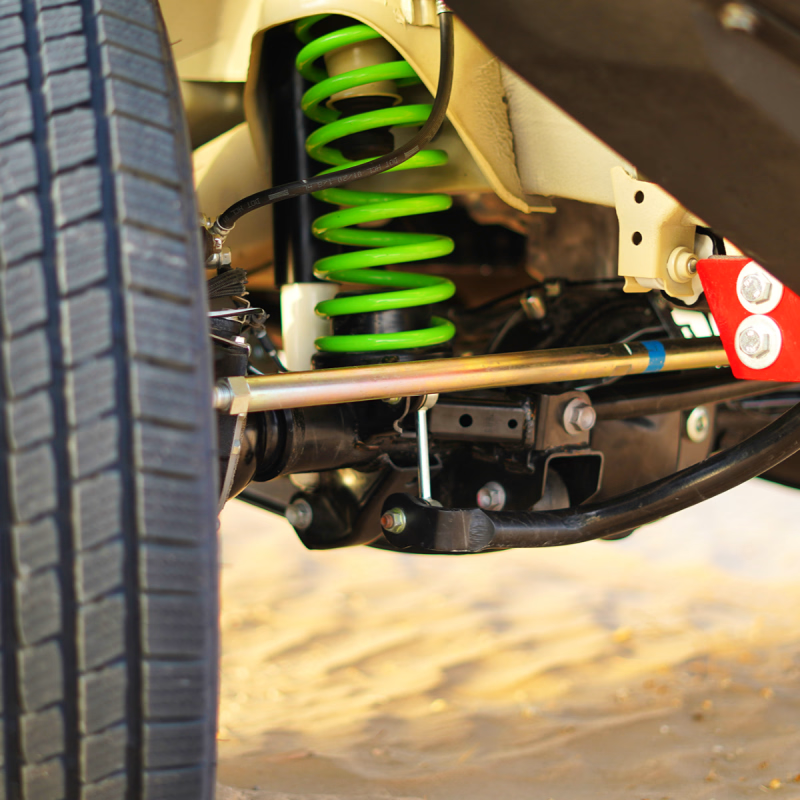
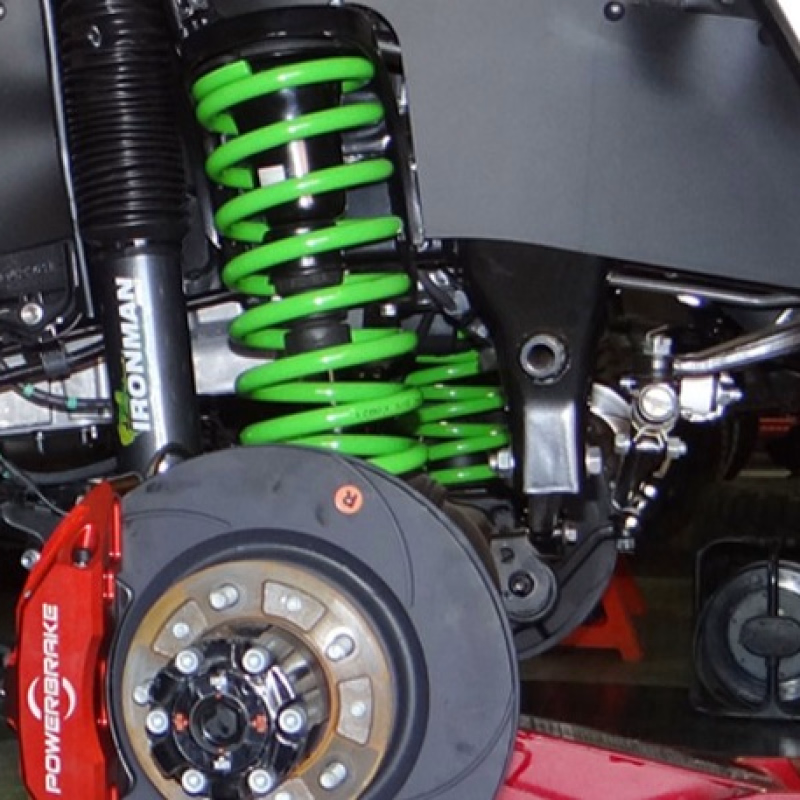
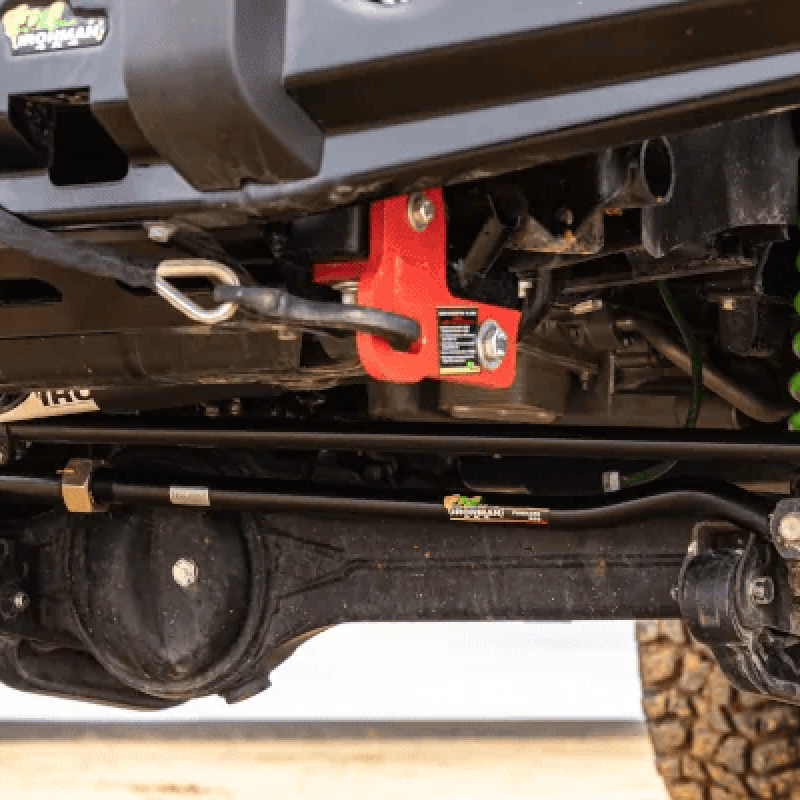
 (5).jpg)

